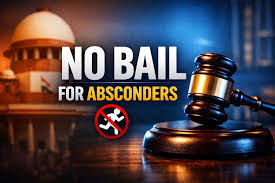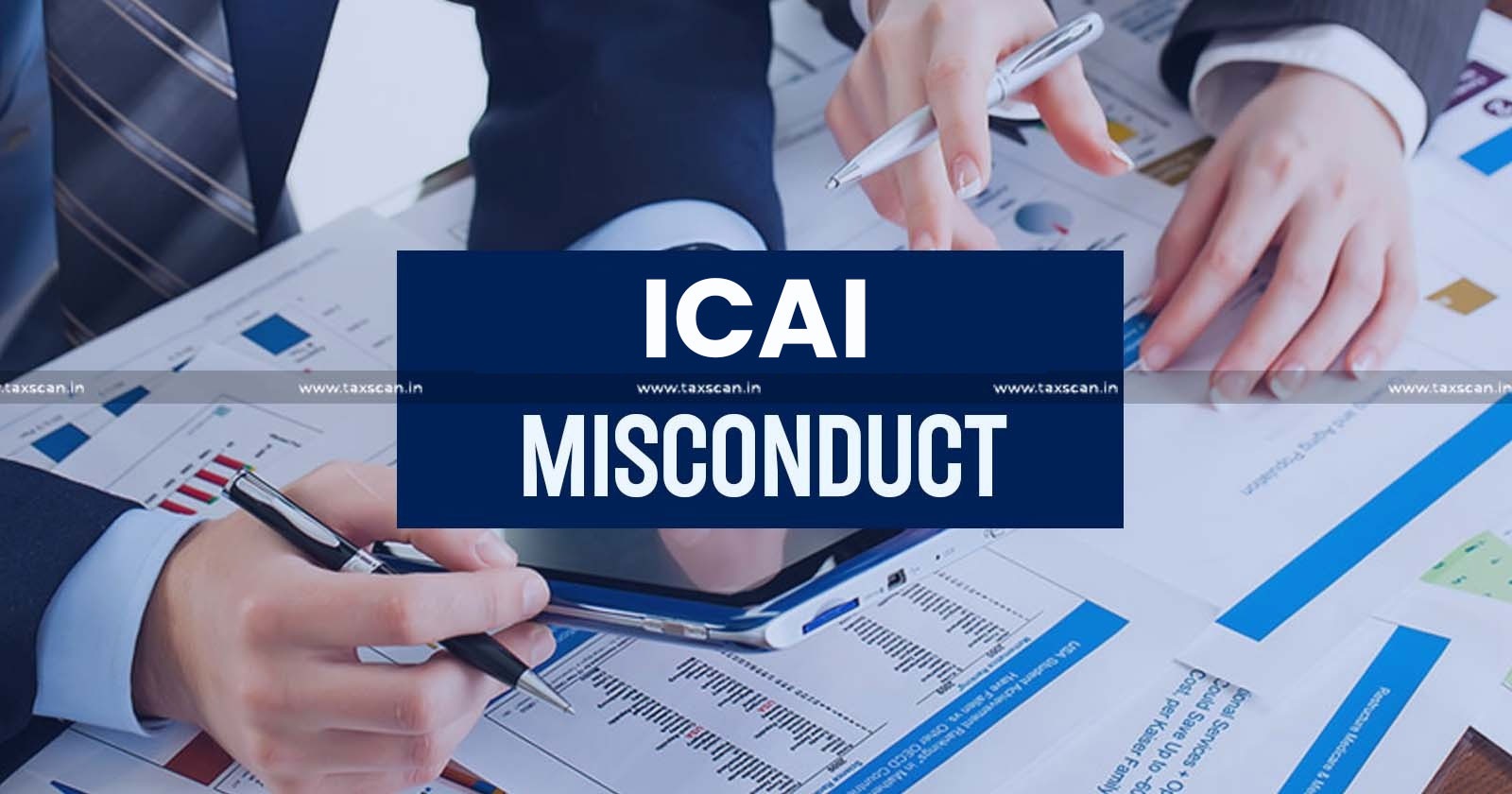A.K. Sikri, J.@mdashThe questions of law raised in all these Income Tax references are common. For the sake of convenience, it would be appropriate to reproduce the questions referred for opinion in I. T. R. No. 287 of 1981 :
"1. Whether, on the facts and in the circumstances of the case, the Tribunal was justified in holding that the value of perquisite on account of residential house known as ''Modi Bhawan'' was not assessable u/s 28 read with Section 2(24)(iv) of the Income Tax Act, 1961, but u/s 17(2) of the Income Tax Act, 1961 ?
2. Whether, on the facts and in the circumstances of the case, the method of assessing its value was correct in law and whether the Tribunal was justified in reducing it from the value assessed by the Appellate Commissioner ?"
2. Before adverting to the aforesaid questions, it would be appropriate to state the background facts under which these questions have arisen in all these cases.
3. The various assessed in these cases are family members who were provided accommodation in the residential house known as "Modi Bhawan". This was treated as a perquisite to them. These persons included one Shri G. M. Modi. In a return filed by Shri. G. M. Modi the question arose as to whether the value of the perquisite on account of the aforesaid residential house was assessable u/s 2(24)(iv) of the Income Tax Act or Section 17(2) of the said Act. The Income Tax Appellate Tribunal (Delhi Bench-B) decided on December 12, 1974, the said questions in favor of Shri G. M. Modi holding that it is the provision of Section 17(2) which would be applicable in the instant case. It is this order of the Income Tax Appellate Tribunal, which was in respect of the assessment years 1965-66, 1966-67 and 1967-68, which has been followed in the case of Shri G. M. Modi for the subsequent years as well as of the other assessed in respect of various assessment years. The Income Tax Department, that is, the Commissioner of Income Tax sought reference u/s 256(2) of the Income Tax Act against these orders of the decision of the Income Tax Appellate Tribunal and the orders were passed by this court directing the Appellate Tribunal to refer the aforesaid questions for its opinion. Since some of the assessed were subject to the jurisdiction of the Income Tax Department in U. P., the High Court of Judicature at Allahabad also directed the aforesaid questions to be referred for its opinion. By orders of the Supreme Court, all these references stood transferred to this court.
4. Before proceeding further it may be mentioned at this stage that another question regarding value of this perquisite also arose. It was as to whether in respect of this rent-free accommodation provided to the assessed, the value is to be based on standard rent fixed by the Rent Controller''s orders in similar cases or the prevailing market rate of rent. This question was answered by this court in the case of
5. Coming back to the present references, as already noticed above, the lead case in which the Income Tax Appellate Tribunal decided the matter in the first instance was that of the assessed, Shri G.M. Modi, and the decision rendered on December 12, 1974. The reference cases which have arisen out of that are Income Tax References Nos. 206 to 211 of 1993. These cases were received in this court on transfer from the High Court of Judicature at Allahabad in the year 1993. The cases were listed before the Joint Registrar from time to time and the Department was directed to file the paper books. In spite of scores of opportunities having been given to the Revenue for this purpose, no paper books have been filed although in the process more than seven years have expired. When the matter came up for final hearing on December 6, 2001, Mr. R.C. Pandey, learned counsel for the Revenue was candid in accepting the position that even if further time is allowed for this purpose, the Department shall not be in a position to file the paper books as the relevant papers are not traceable with the Department. In the absence of paper books in these cases, it is not possible to determine the question. Therefore, there is no option but to reject these references for non-prosecution (see
6. Since the order of the Income Tax Appellate Tribunal which became the basis of the orders of the Tribunal in all other cases is upheld, the other references can also be answered in the same manner, i.e., in favor of the assessed and against the Revenue. However, there would be additional reasons for doing so. It may be mentioned at this stage that the order dated December 12, 1974, of the Income Tax Appellate Tribunal is annexed as annexure in the paper book of I. T. R. No. 287 of 1981. A perusal of that order would show that the Tribunal recorded the finding of fact and proceeded on that basis that the Income Tax Officer was not justified in treating the income on account of the perquisite u/s 2(24) of the Income Tax Act, 1961, as he failed to consider the circumstances under which the accommodation was provided to the assessed and his brother, K.N. Modi, not as a director of the company but as an employee of the managing agents who were asked to pay a sum of Rs. 200 per annum for the accommodation provided by the managing agents of the company. It was found that the very basis of the assessment order was that the assessed was the employee of the managing agents, receiving salary as managing director of R.B. Multanimal and Sons P. Ltd. which were the managing agents of Modi Industries Ltd. On the basis of such a finding of fact, one had to examine as to whether Section 2(24) of the Act or Section 17 of the Act is applicable. It is Clause (iv) of Section 2(24) which is relevant and reads as under :
"2. (24) ''income'' includes-. . .
(iv) the value of any benefit or perquisite, whether convertible into money or not, obtained from a company either by a director or by a person who has a substantial interest in the company, or by a relative of the director or such person, and any sum paid by any such company in respect of any obligation which, but for such payment, would have been payable by the director or other person aforesaid."
7. On the other hand Section 17 deals with salary, perquisite and profits in lieu of salary of the employees. The submission of learned counsel for the Revenue was that Section 2(24)(iv) would be applicable. Mr. Pandey, learned counsel for the Revenue, pressed for applicability of Section 2(24)(iv) on the basis that it was a case of perquisite by a director and not an employee. This premise itself is unfounded in lieu of finding of fact recorded by the Income Tax Appellate Tribunal and as noticed above. Moreover, nothing would turn on the decision as to which of the aforesaid two provisions are applicable inasmuch as even if this is treated as income in the hands of these assessed u/s 2(24) as a perquisite given to the director, ultimately the value of this perquisite has to be determined. For determination of the value, one has to fall back on the formula contained in
8. These references are accordingly answered in favor of the assessed holding that the value of perquisite on account of residential house was not asses sable u/s 28 read with Section 2(24)(iv) of the Income Tax Act but u/s 17(2) of the said Act and the Tribunal adopted the correct method of assessing its value.

